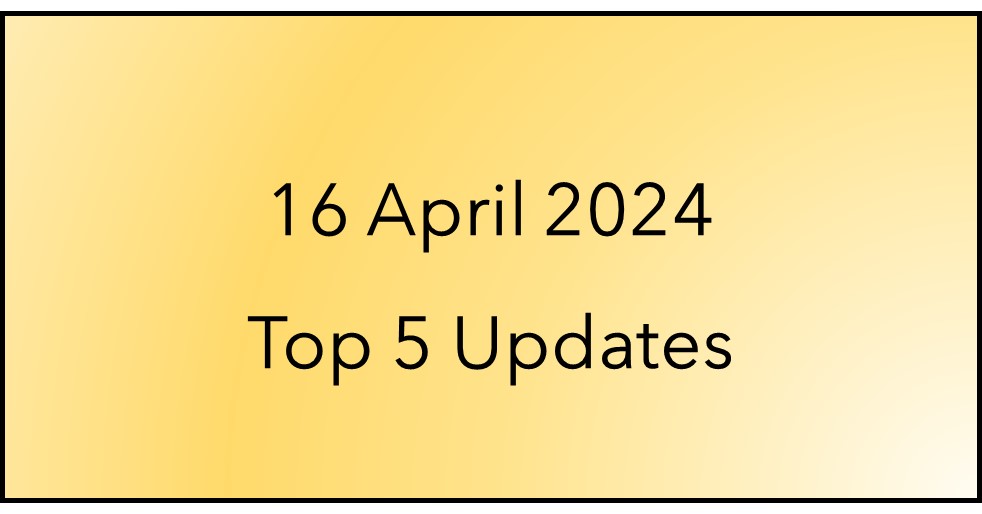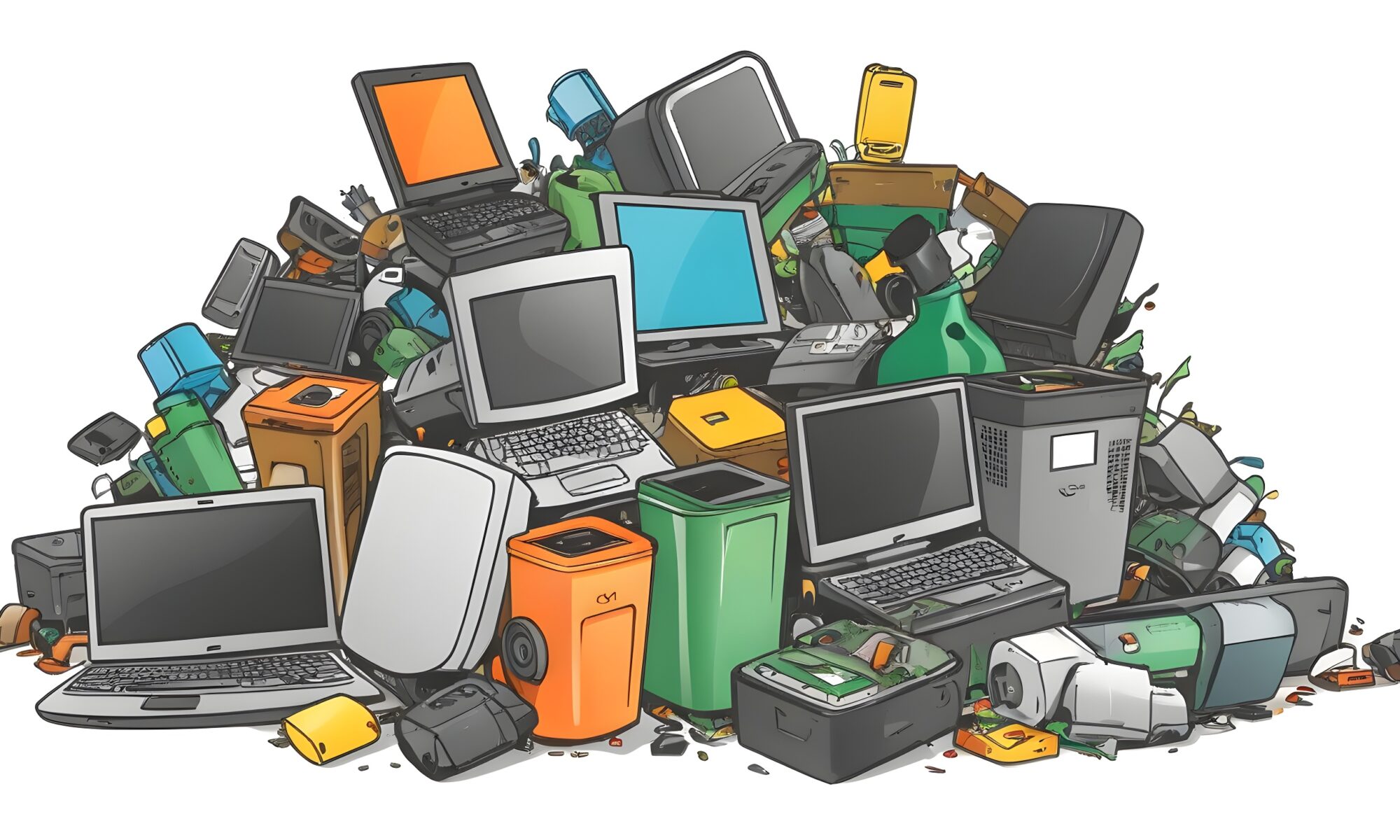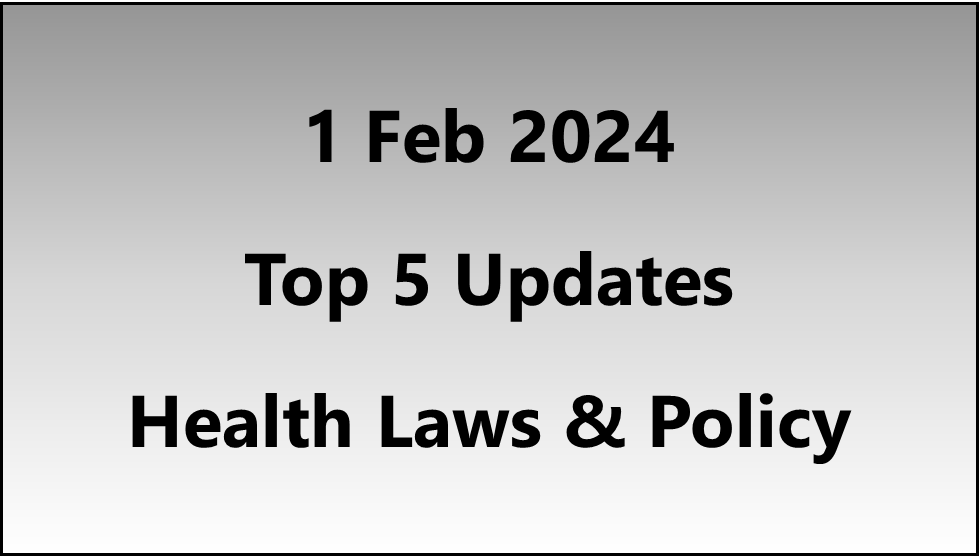Dear Reader, We are happy to share the most interesting legal and policy updates concerning health industry that we read today. We hope you enjoy reading it.
Draft GDP guidelines for pharmaceutical products published for comments
India’s Central Drugs Standard Control Organization (CDSCO) has released a draft guidance document titled “Guidelines on good distribution practices for pharmaceutical products” for comments. The Guidelines seek to eliminate the introduction of spurious, adulterated, misbranded and non-standard quality (NSQ) products into the market. It is intended to be applicable to all entities involved in any aspect of the storage and distribution of pharmaceutical products, including manufacturer as well as pharmacists and any other person dispensing medical products directly to a patient.
Source: bit.ly/4cQwypM
Agreements with Shared Workspace Providers accepted as valid proof of premises for obtaining food licenses
India’s central food regulatory authority, Food Safety and Standards Authority of India (FSSAI), has issued an advisory on the documents that may be submitted as proof of premises by importers, traders, e-commerce entities, re-labellers etc. who deal in food products and operate out of a shared workspace premises. Going forward, any legally valid agreement with workspace provider will be accepted. Such agreement may be a lease or rent agreement. However, entities who operate out of shared work-space will not be able to stock food products in shared workspace under the license.
Source: bit.ly/3JkMpzp
Documents which will be accepted as proof of possession of premises for food business is specified by Central Food Regulator
India’s central food regulatory authority, Food Safety and Standards Authority of India (FSSAI), has identified documents which will be accepted as proof of possession of premises by a Food Business Operator (FBO) as part of the food license application. Any food business operator, undertaking any business of food or beverage, including hotels, restaurants, food vending establishments, clubs, canteens, importers, merchant, exporters, e-commerce operators, transporters has to submit proof of possession of premise in order to obtain corresponding food license.
Source: bit.ly/3UiCgte
Waste management portals for plastic packaging and e-waste to get operational in a phase wise manner
India’s Central Pollution Control Board (CPCB) has clarified that the Extended Producer Responsibility portals for the management of Plastic Packaging waste and E-waste will get operational in a phase wise manner. For plastic packaging waste the portal is only functional for Chandigarh, Chhattisgarh, Goa & Puducherry whereas for e-waste the portal is operational for Maharashtra only. The users of the portal for other states are requested to wait till further notice.
Source: bit.ly/3JqZRBH
Source: bit.ly/3Jl1Es4
Popular protein supplements sold in India found to have lesser quantity of protein than declared on the label
A recent study has found that many popular brands of protein supplements sold in the Indian market do not have the same amount of protein as claimed on the label. In addition to the inconsistencies related to protein content, the study also found evidence of protein spiking, fungal toxins, pesticide residues, presence of heavy metals and compounds in protein supplements manufactured in India.
Source: bit.ly/3vU24CC



